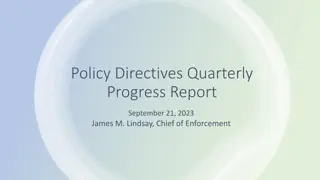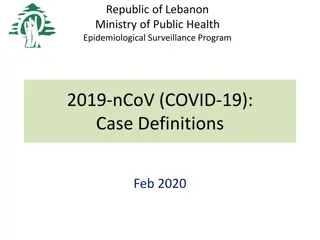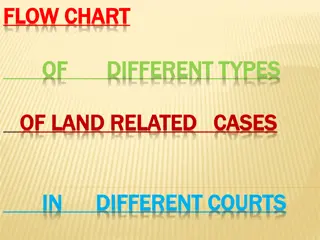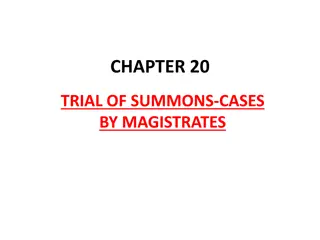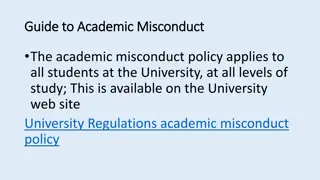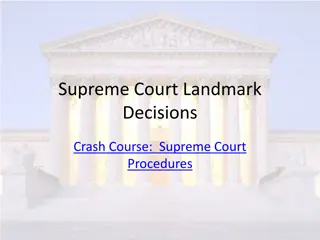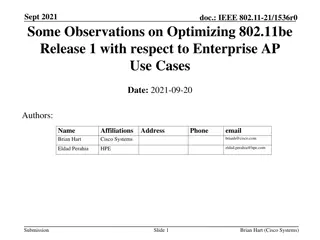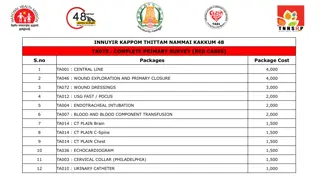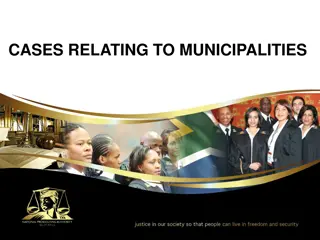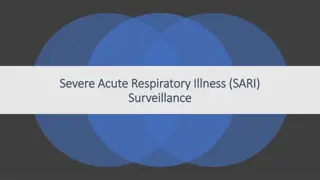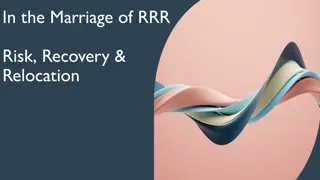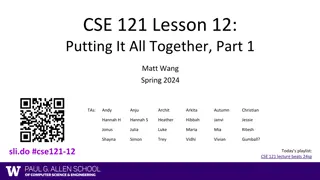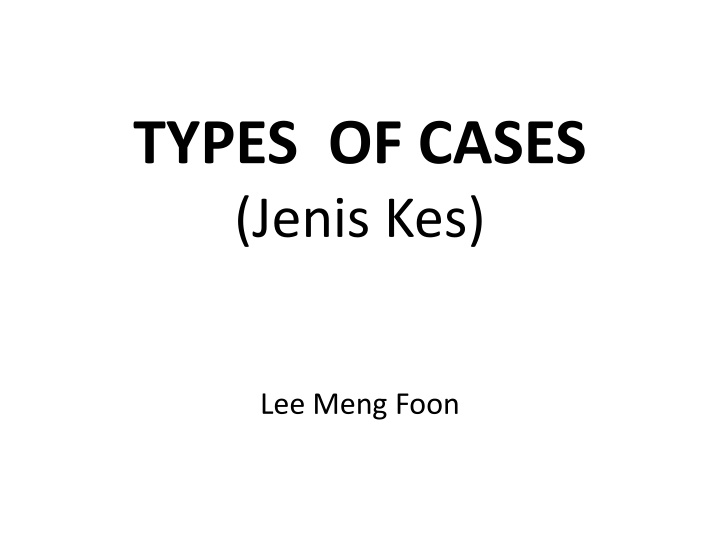
Different Types of Case Studies by Lee Meng Foon
Explore the various categories and formats of case studies presented by Lee Meng Foon, including decision cases, narrative cases, process cases, research cases, and case reports. Learn about problem-solving, decision-making, and analysis through real-life scenarios and storytelling in this informative presentation.
Download Presentation

Please find below an Image/Link to download the presentation.
The content on the website is provided AS IS for your information and personal use only. It may not be sold, licensed, or shared on other websites without obtaining consent from the author. If you encounter any issues during the download, it is possible that the publisher has removed the file from their server.
You are allowed to download the files provided on this website for personal or commercial use, subject to the condition that they are used lawfully. All files are the property of their respective owners.
The content on the website is provided AS IS for your information and personal use only. It may not be sold, licensed, or shared on other websites without obtaining consent from the author.
E N D
Presentation Transcript
TYPES OF CASES (Jenis Kes) Lee Meng Foon
Outline of Presentation Case categories Types of case reports Types of cases Classification of cases Case formats
Case Categories Decision Case - A decision case is meant to force case users to make decisions after considering all facts and options. Narrative Case - A narrative case is a comprehensive description or story including the decision outcome. - Intended to force case users to reconsider all options at the time of making the decision and to critically look at the decision taken with its consequences.
Case Categories Process Case - A process case is intended for the case users to understand the context of and the steps in the process, and the process itself, in a real setting. Research Case - A case for research is different from a case for learning (teaching). - A research case includes rigorous analysis leading to theory building or refinement.
Types of Case Reports A case report as a result of a consultancy or advisory exercise on an entity/organization - includes problems identified by the client and confirmed - analysis done to solve problems - proposed recommendations and actions submitted to the client
Types of Case Reports An on-going case report submitted regularly on the progress of a project - highlights issues and problems faced, plus actions recommended to overcome the issues/problems A case report written for training and learning purposes - requires research, data and information gathering, and analysis to solve the identified issues/problems.
TYPES OF CASES 1. PROBLEM OR DECISION CASE description of a real-life situation derived from field research costly (in terms of time & money) access to information can be difficult user analyzes data and discusses alternative solutions makes decision based on one s judgment realistic
2. ILLUSTRATIVE CASE illustrates some method or procedure, process or concept does not require a decision but helps to understand the procedure, process or concept in decision-making in its practical context.
3. CASE HISTORY / EVALUATION CASE gives the complete story of what had happened, including the actions taken or decisions made by the authorities in the organization concerned may be a story of success or failure can be adapted from the problem or decision cases answers the question what should have been done?
4. OPERATING OR CURRENT CASE a post-mortem type of case where current issues in the organization are reflected in the case research for the purpose of group deliberations to determine the causes of the problems and to find solutions to rectify them. can result in an effective way to solve organizational problems.
5. CRITICAL INCIDENT CASE a critical incident is briefly described as a basis for discussion; sense of urgency any additional information is provided by the case leader only on request by the case users after the solutions have been discussed, the case leader shares the actual decision that was made in the incident case users practice ascertaining what additional information or data are required in order to make an effective decision on a critical incident
6. In-Tray Exercise Another variation of the case method Various types of paperwork (letters, reports, notes, messages) are collected to represent documents lying in the in-tray to be acted upon within less than an hour Excellent practice in relating to time pressure Decisions made by individual case users are then discussed to ascertain the quality of such decisions
CLASSIFICATION OF CASES COMPREHENSIVE covers every aspect of an entity/ corporation or organizational unit understanding of the total entity/ industry and its problems macro in nature and require higher management deliberations
CLASSIFICATION OF CASES FUNCTIONAL covers specific functional areas of business or operations such as finance, marketing, personnel etc. SUB-FUNCTIONAL covers specific topics or issues within a functional area such as wages, budgets, trade union grievances, material handling etc.
CASE FORMATS WRITTEN most common and convenient with additional notes, charts and tables as appendices sometimes combined with slides and tapes to make it more interesting can be presented on-line using modern technology, social media etc.
VISITS field visits to get a first-hand impression and experience of the situation FILMS presentation of cases through films is interesting because it brings out the reality of the cases even more not very common because of limited market and high production costs




